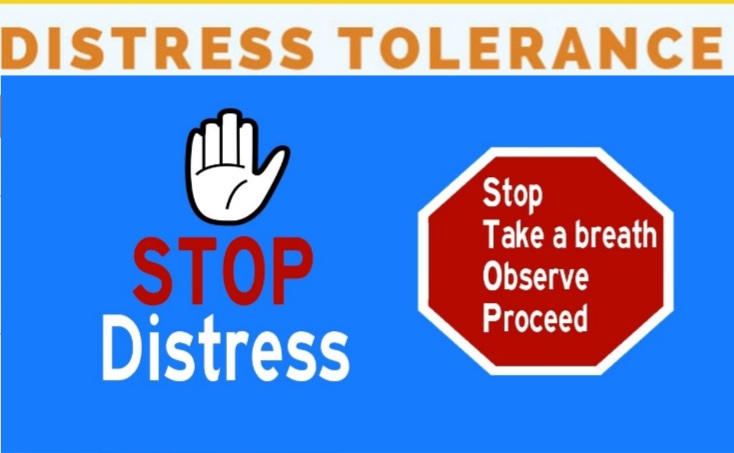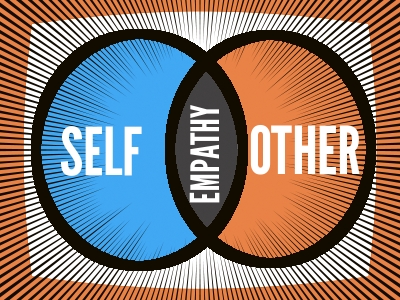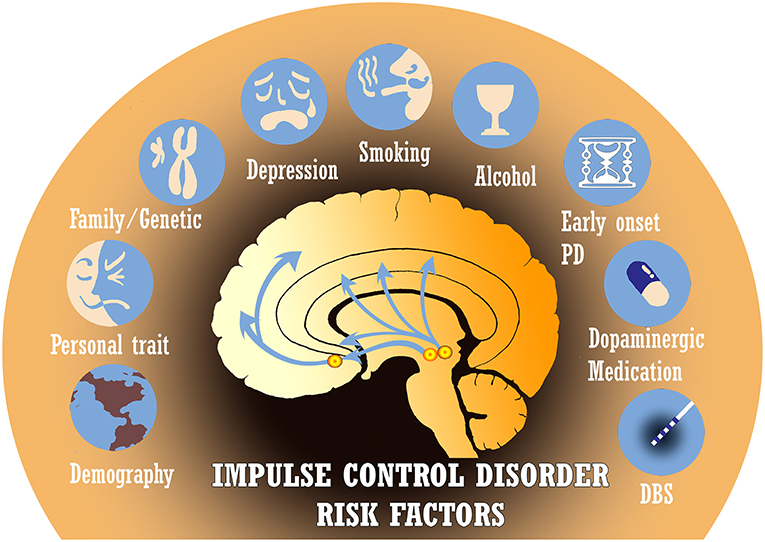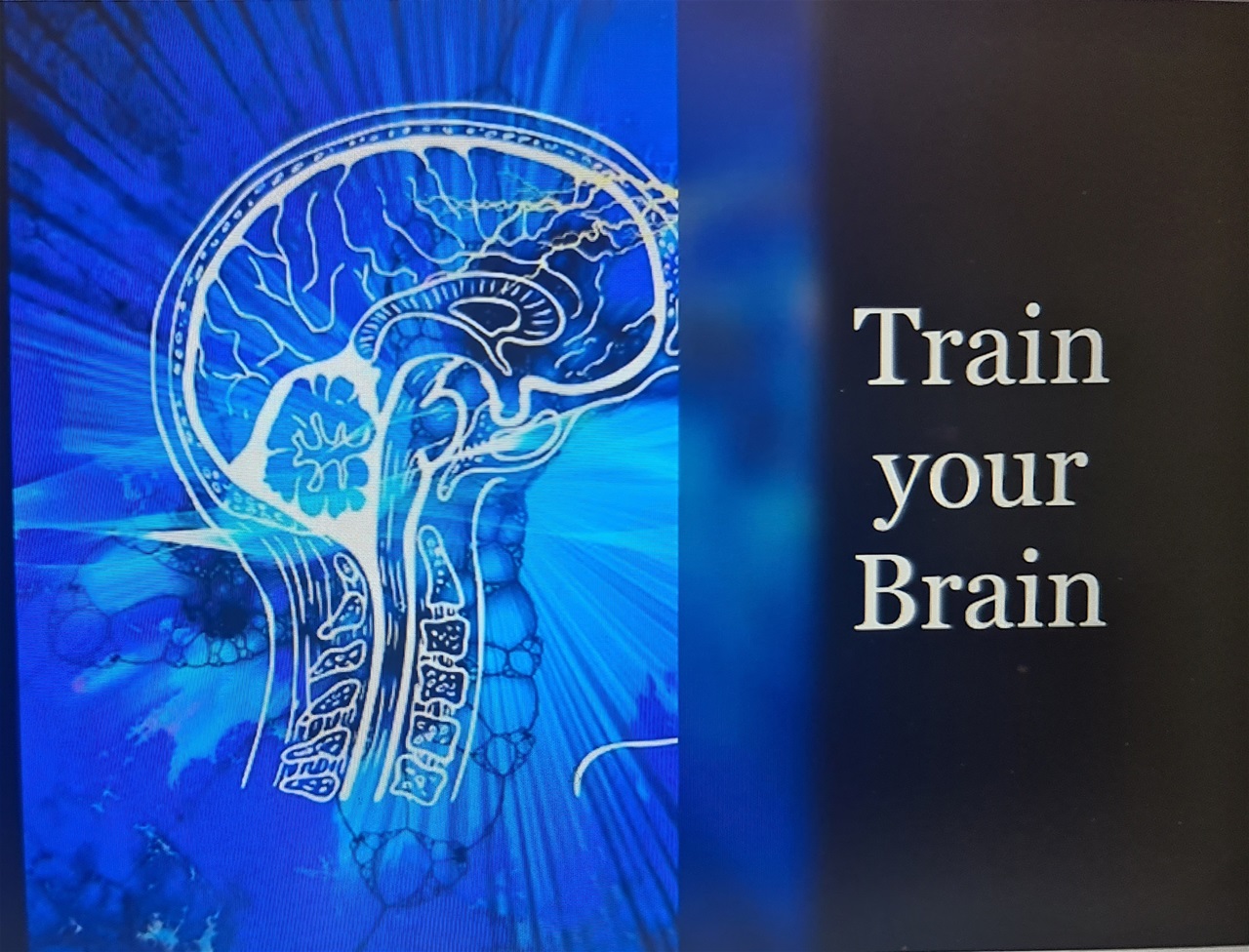
How to deal with stress.
Stress tolerance refers to a person's ability to deal with and manage stressful conditions efficiently and consistently. When the brain's prefrontal cortex secretes and regulates a stress hormone called dopamine, stress is a natural physiological reaction. For example, a tiny level of stress can help people focus better on everyday chores and trigger warnings about potential hazards. On the other hand, high-stress levels can impede cognitive function (i.e., focus), disrupt relationships at home and work, and contribute to long-term health problems.
Stress Tolerance & Workplace
For some people, high-stress levels can create excessive anxiety, panic attacks, and complicated health conditions, while others thrive on it to avoid boring lives. Because stress is a subjective sensation, identifying and recognizing possible stressors can help lessen mental and physical strain while increasing quality of life. Anxiety, depression, heart disease, sleep deprivation, and digestive issues are just a few of the health hazards associated with chronic stress.
Many people adopt quick ways to deal with stress, such as drinking, drugs, smoking, and eating a poor diet, which prevents a person from acquiring stress tolerance. In addition, many employment jobs have high-demanding obligations, resulting in an overburdening of work that adds to people's stress levels, lowering morale and decreasing productivity.
Many firms are mandated to monitor stressful work environments and implement actions to improve stability and avoid financial consequences. Stress tolerance is frequently based on developing coping mechanisms to deal with stress, such as calm behaviors, a good diet, enough sleep, a positive mindset, and a support system (i.e., family/friends).
Here's some straightforward advice to help you get there:
Because everyone is different, there are various reasons to be anxious. However, everyone understands what the body requires for healthy physical and mental health, which is equally valid when dealing with stressful situations. The simplest way to tell if you're stressed is to pay attention to your body, and taking care of it can help you avoid the harmful impacts of stress on your health.
First, recognize the signs and symptoms of stress. Stress affects everyone differently. Stress manifests itself in different ways for different people: disturbed sleep, mood fluctuations, muscle tension, difficulties concentrating, etc. Recognize the indications that stress is taking over your life.
Determine the sources of stress. Consider what causes you to be stressed - your workload, interpersonal issues, excessive pressure, significant life changes, etc. Make a list of the things that stress you out and look for answers.
Maintain a positive outlook. When dealing with the challenges of everyday life, having a good attitude might help you stay one step ahead. Take these setbacks as a learning opportunity and remain objective at all times. Put things into context. Stress is frequently caused by how you perceive things rather than how they are.
Take the time to consume a healthy diet. The body requires energy to manage stress. Make sure you're following a healthy diet. You allow yourself time to recover from daily stress by taking your time to eat without a hurry. Avoid coffee and limit your alcohol consumption.
Make sure you get enough rest. Stress can lead to restless sleep, limiting your ability to cope with stress. To put it another way, the more stressed you are, the less sleep you get, and the less sleep you get, the more anxious you get. Develop good sleeping habits. Sleep is essential to both the body and the mind, and the normal population requires between 7 and 8 hours of sleep per night.
Take part in activities! Participate in physical activity and spend time outside whenever possible. Remember that whatever is beneficial for the body is also excellent for the mind.
Relax your thoughts. Relaxation, breathing, meditation, and visualization techniques are all covered. Learning to relax is pleasant and necessary for good health and stress management!
Make better use of your time. Your failure to efficiently plan your day or prioritize your goals could be a source of stress. Make a to-do list to ensure that you don't forget anything and don't have to accomplish too much at once. Learn to delegate and relinquish control. The pressure to achieve perfection in all you do is a significant source of anxiety. Don't forget to schedule time for hobbies that bring you joy and fulfillment.
In a few words, all of this counsel boils down to this:
- Think about yourself.
- Take a bath, read a book, listen to music, and do other activities that you enjoy. You will feel less stressed if you engage in an enjoyable activity.
- Learn to say no or set priorities if you're someone who takes on too much.
However, if you believe you're suffering from burnout, despair, or chronic weariness, you should seek medical help. They can point you in the right direction based on your current health situation.
Comments (0)
Categories
Recent posts


Human Psychology & Empathy
2022/05/24
Impulse Control Disorders
2022/05/31
Aviation Industry and Mental Health
2022/04/18
